Environment Monitoring and Evaluation
Synopsis
The development community on the globe now recognizes the importance of sound governance and the need to support capacity building and institutional development. The experiences of the evaluation system in the past have proved that this exercise is an aid to better governance. Evaluation contributes to three basic functions: that is: Accountability: making sure that public institutions, and their staff, are held accountable for their performance. Allocation: making sure the resources are allocated to those activities which contribute most effectively to achieving the basic objectives of the Institution and, Learning: making sure we learn from our successes and failures, to do things better in future. Evaluation potential can be better understood by recognizing the importance of economic governance and a sound public sector to national economic competitiveness as this makes us able to manage and screen public expenditure. In fact, evaluation offers a tool to help do that. Evaluation is in many ways central to the effectiveness of development assistance: That the development assistance community has turned to results-based management at the project, and in international context, the country and global levels and that this approach requires concrete institutional capacity in countries; That partnerships and coalitions among development agencies to help support country programs and institutions also require a common approach to evaluation and assessment; and That our growing need to demonstrate the effectiveness of development interventions to the electorates of industrial democracies is evident. Developing local or national evaluation capacities is a means for ensuring that evaluation findings are available to assist in three areas. First, evaluation findings can be an important input for government decision-making and prioritization, particularly in the budget process. Second, evaluation assists PIAs by enlightening the performance of ongoing activities at the project, program or sector levels -it is therefore a management tool which leads to learning and improvement in the future (i.e., results-based management). Similarly, evaluation results can also be used to assess the performance of organizations and institutional reform processed. Third, evaluation data contribute to accountability mechanisms, whereby PIAs and government can be held accountable for the performance of their activities.
Read more
29.70
26.73
$
33.00 $
Free delivery Wolrdwidе in 10-18 days
Ships in 1-2 days from New Delhi
Membership for 1 Year $35.00
Get it now and save 10%
Get it now and save 10%
BECOME A MEMBER
Books by the same author

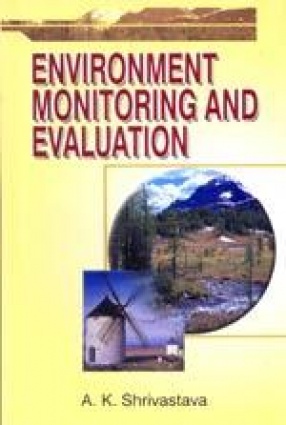
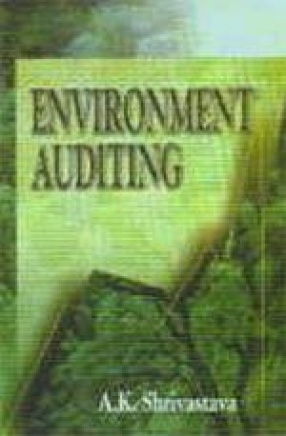
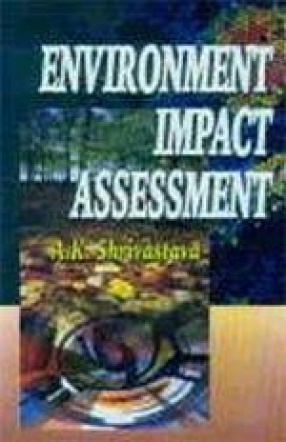



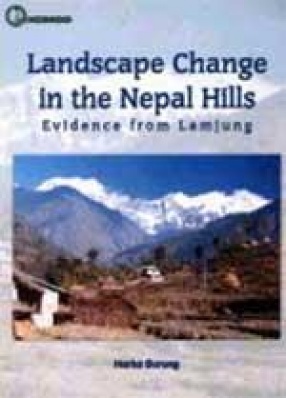

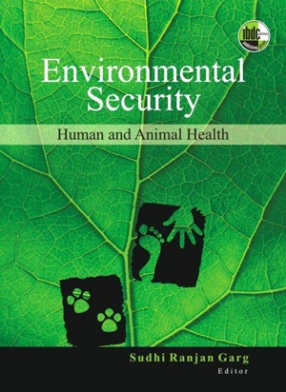

Bibliographic information